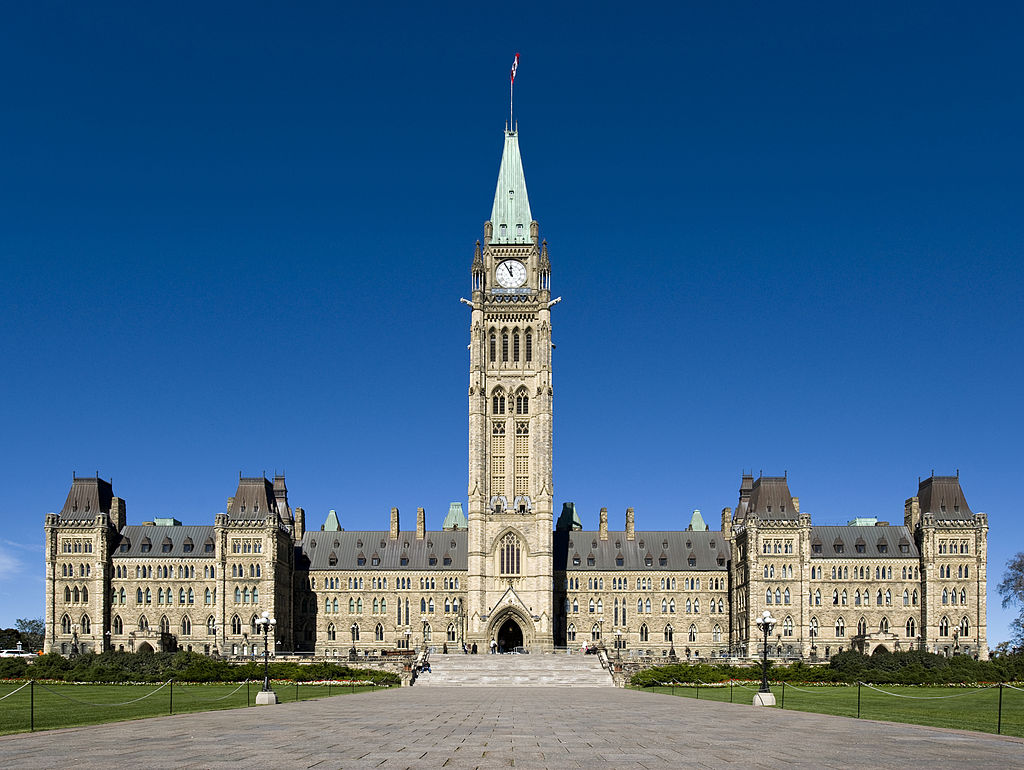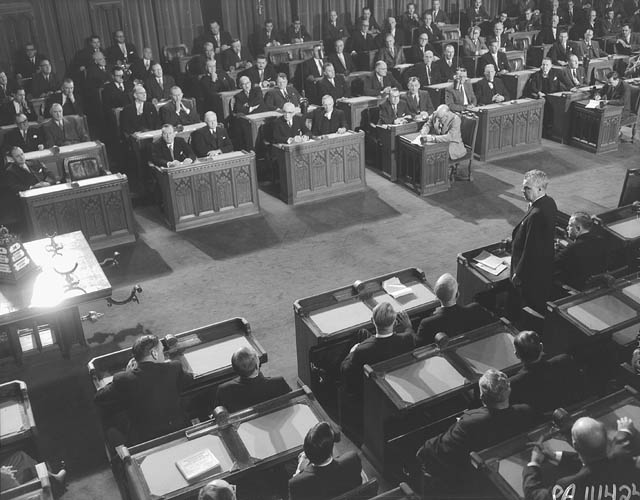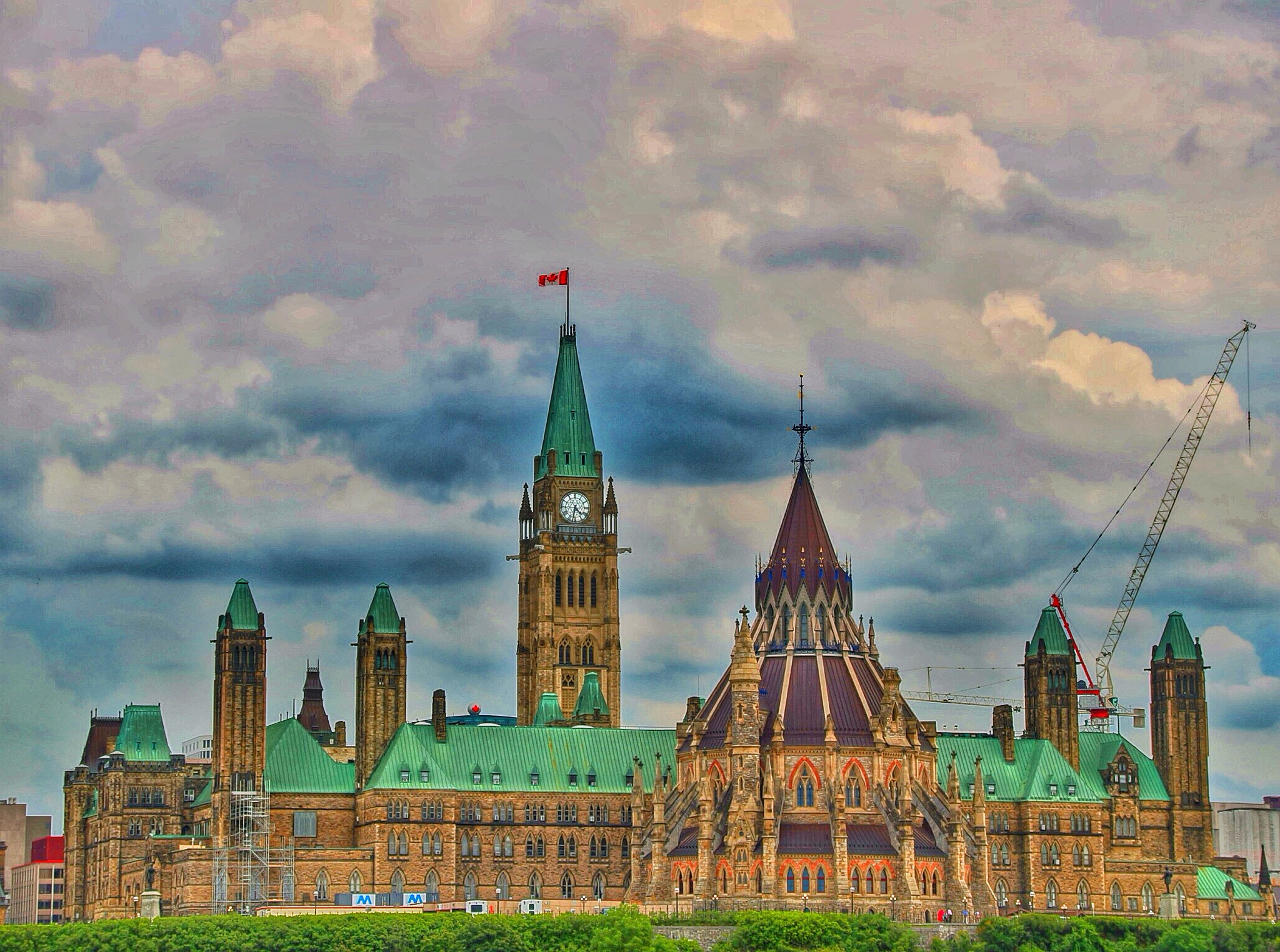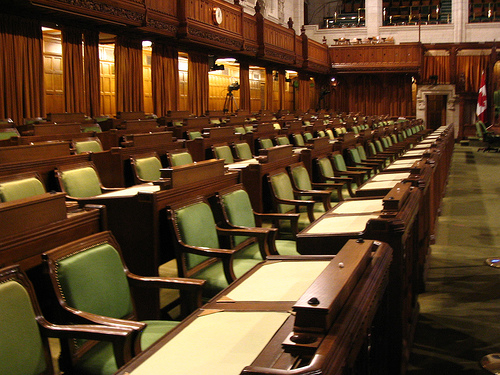Canada is gearing up to vote in what many believe will be the most heated election in over a decade. This will be the longest campaign in Canada since 1872, spanning 11 weeks.
The election date was announced by Prime Minister Steven Harper at the beginning of August, propelling Canadians to engage in political conversations in grocery stores, on neighbors’ porches, at parties, and above all — as is normal in our time — on various online platforms. We saw the four main candidates duke it out in the Maclean’s National Leaders Debate on August 6th, only to see more confounding rhetoric come forth from the mouths of political analysts, or those people who fancy themselves to be political analysts. We need to look beyond the same old political rhetoric, such as the issues of economy, foreign policy, education and so on, and try to understand party policies in their more important details.
The truth is that we have four exceptionally strong candidates, something which has not happened for a long time in Canadian politics. Still this nation is not about electing prime ministers; rather it is about electing MP’s in the house. Although I forget this occasionally, I am sure that many others do as well. The next few months will be paramount to the future of Canada, as many remain adamant in their support of the Conservative party, many are also starting to feel that Harper has been in office far too long. It is obvious that it will be a tight race between the Liberals and Conservatives, but it also seems like the NDP is making headway, according to recent polling.
At the end of the day the main issue comes down to the fact that the economy — in other words to Canada’s almost technical recession during the past five months. While the dollar is falling and the economy is contracting, all fingers are of course pointed at Harper’s government. In the recent debate, Trudeau, Mulcair, and May all used this to levy against Harper, while the prime minister himself attacked the other three on their major platform plans for raising taxes across all sectors of Canada in order to strengthen the social safety net. For a moment it was like watching Friedman, although a not so eloquent or educated version, debating ‘Kenesyan’ economists.
Canada currently finds itself at a multiple crossroad, and whichever way the nation chooses to take the future is somewhat precarious. Whether the people choose another four years of Harper, Mulcair’s potential steady leadership, or Justin’s refreshing ways, I think the real issue here is what do Canadians believe would be a better Canada? One that maintains a Conservative foothold or one that moves towards the left? Rather, a Canada with Harper or without him?
I have not mentioned May, as although she was a strong presence in the debate, she is still the leader of a one-issue-party that has no room in the moderate Canadian landscape that we all envision. The truth is, regardless of whether we like it or not, the thing that is on most people’s minds as of this moment is not the environment, but the economy. More precisely, not the fact that Canada has not met emission standards in years, but why the Canadian dollar is plummeting.
Canada needs a strong leader that can face issues head on, but it also needs a strong party. As our national safety is being debated amid all governmental institutions down to twitter discussions, Bill C-51 is a big concern in this campaign. Mulcair and May are heavily against the bill. Trudeau believes that the bill is a good idea, yet he still has made it clear that he wants to change some of its amendments and policies. The question is, if Mulcair or May do become PM’s in December, will they be able to do something about it?
All of this is mere politics, and what I mean by “mere” is that we hear the same old rhetoric, and the same old lines on the most prevalent issues of our time, with no real candor. The very fact that the debate was not pugnacious, is only a determiner of the fact that all four candidates were scared to hit the nails on the head. It would be exceptionally interesting to see therefore what the candidates’ opinion on more specific issues such as the recent Iran nuclear deal is. In a recent article by Bob Rae, he has made the case that Canada needs to be wholly clear on its stance over the Iran nuclear deal. We all know that Harper is rightly an important ally of Israel and Benjamin Netanyahu, but the truth is that Canada’s relations with the United States are at an “historic low,” one of the reasons being its unyielding support for Israel.
The issue of Israel is another important point of contention, and one which will probably cost Mulcair. Although they all have expressed support for Israel-some more than others- Mulcair has pushed the idea of supporting Palestine as well which is a position that the current government has not taken and might not be too popular. Last year the Forum Poll posted a small poll that suggests that on average Canadians are split on the Israel-Palestine issue, but a majority of them choose not to “pick sides.” It is obvious that the elections in October will show us how the Canadian public feels.
The truth is that politics are distressingly perplexing, but amid all of the rhetoric there is another level that affects the way voters actually vote, one which is far more simple, and that is the case of image. Ben Shapiro, the political commentator, makes the case in his book Project President that in the U.S. the issue of image has always been important to the way voters learn to trust candidates. The same is easily applied to Canadian politics as well. When we look at Justin and his youthful demeanor it is easy to see that there is an ideal energetic outlook to the way he presents himself. On the other hand, Harper although aging, has a different cool, collected, calm to him that shows him off to be a leader that knows what he is doing. Mulcair and May seem to have a more empathetic and approachable vibe to them. Although we hate to admit it, as Ben Shapiro suggests, the truth is that things like how candidates are dressed, how they look, and how they act are crucial to voters simply due to the fact that it is a part of human nature.
Despite the obvious problem of image, as well as vague opinions on national and international issues, we need to place our trust as voters in the ideas of the parties that we feel appeals most to us, and not necessarily in the leadership, however hard that may be. This is a country whose political system has been built on representation, therefore when one votes in their own riding it is essential they choose a party that represents them the most, and not just simply how they feel about the party’s leader. Regardless of whether one is anti-Harper, or anti-Trudeau, the important thing remains that the Canadian populace votes in October.
Analysis by Milad Doroudian
Photo by Saffron Blaze



